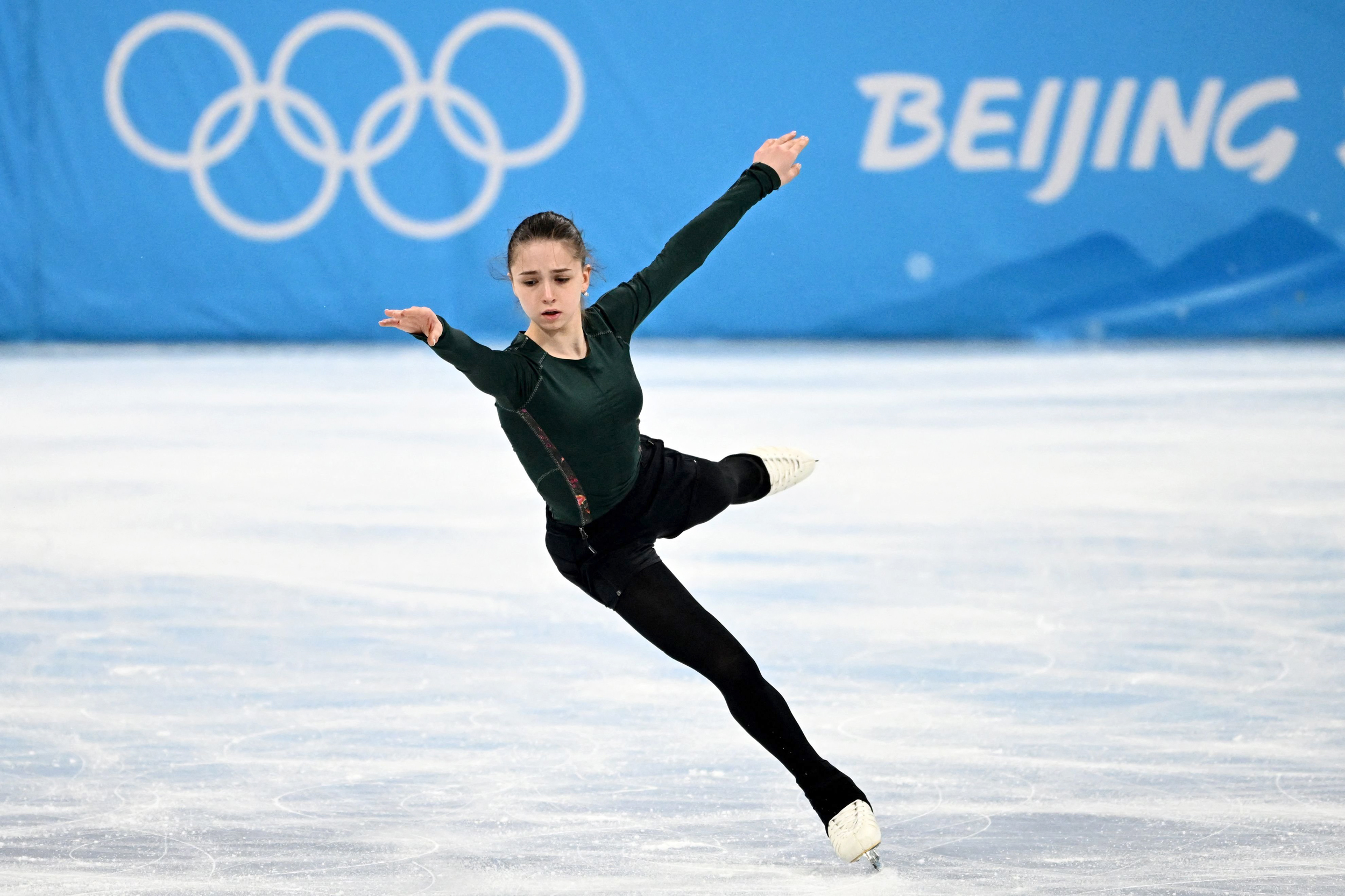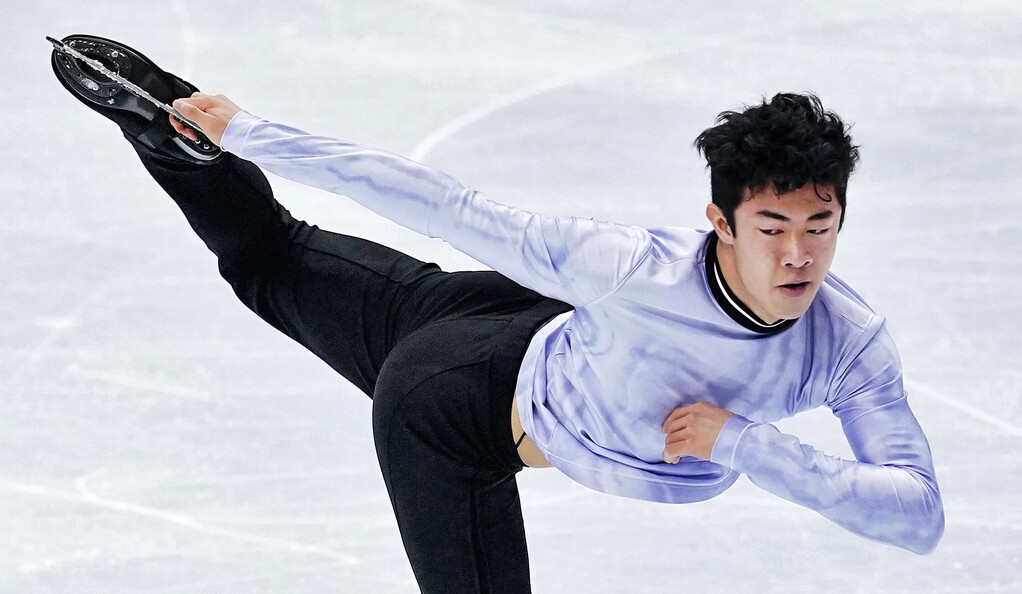Before the next Winter Olympic Games in 2026, the World Skating Union authorized progressively expanding the figure skating age limit from 15 to 17 years for Beijing Olympics, which will impact the women's singles event.
The previously described proposal, conceived before the World Championships and set to be agreed on at the congress later this month, was an urgently necessary change to safeguard the athletes' physical, mental, and emotional health.
Skaters must achieve 15 by July 1 of a previous year to compete in senior competitions, including the Olympics.
The rule change calls for a raise following next season, with players turning 16 eligible for senior action in 2023-24. Then, again for the 2024-25 season and beyond, including even the 2026 Olympics in Italy, it will increase to 17.
Alina Zagitova of Russia won the Olympic title at the age of 15 and retired from competitive skating at the age of 17. After word broke of a drugs test for a banned cardiac medicine from a sample was taken on Christmas, Russian Kamila Valieva, aged 15, finished fourth in this year's Olympics. Valieva won the team competition with Russian Sports Council before the adverse test result was revealed, forcing the medal presentation to be postponed.
Anti-doping laws stipulate that athletes age 16 may be subjected to fewer sanctions for doping offences than those aged 16 and up,
such as a warning and suspension. Anna Shcherbakova and Aleksandra Trusova, both 17 years old, won individual gold and silver medals for Russia.
After the free skate, Valieva and Trusova are all in tears. Following the event, IOC President Thomas Bach stated that he was "extremely, very concerned" while viewing it on television. Valieva's crew, notably coach Eteri Tutberidze, greeted her after her performance with "a terrible coldness" that he characterized as "chilling" to witness.
"We became fairly under pressure from the media, questioning the integrity of the ISU, after the Olympic Games, as you all know," ISU director-general Fredi Schmid stated Tuesday at the ISU Convention in Thailand before the motion was put to the vote. "There were a lot of questions," she said. How did you allow such inexperienced skaters to skate under such duress? It is not something that should be permitted. Let's say it was a tremendous assault. Therefore, now is the moment of truth. I believe it is a given that the press and the general public will keep a careful eye on us, so keep that in mind.
According to the suggestion, raising the minimum age to 17 reduces the chance of injury "if training loads are lowered throughout periods of rapid growth" and enables skaters to "expand on their social/psychological skills development."
Burnout, inappropriate eating, and long-term injury were among the concerns the ISU medical commission raised.
The council referenced a survey conducted by the ISU athletes commission a year earlier, which found that 86.2 per cent of those surveyed favored raising the minimum age.
The proposal received 100 votes in favor, 16 against, and two abstentions.
In 2018, the congress plan, due to a lack of support
it required 80 per cent of the lawmakers in attendance to accept its inclusion on the agenda.



Login To Leave a Comment